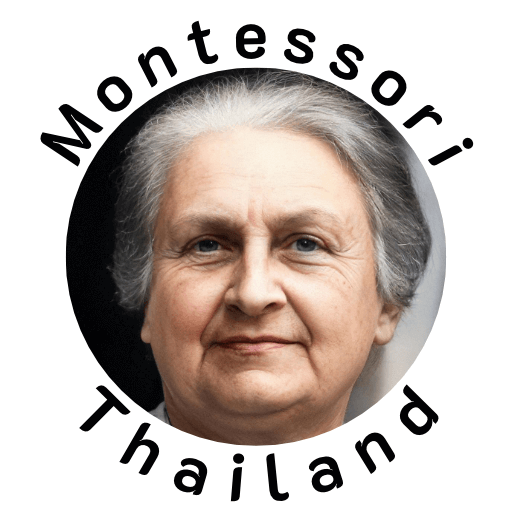
by MontessoriX | 1 Aug 2023 | Glossary
In Montessori education, a Presentation refers to the way an adult introduces a child to a new object or activity within the environment.[1] Unlike traditional teaching, the adult does not instruct but demonstrates the correct use of the materials and...

by MontessoriX | 1 Aug 2023 | Glossary
In the context of Montessori education, Work refers to the self-initiated, purposeful activities of children. While these activities may appear to be play from an adult perspective, Maria Montessori considered them as the child’s work, given the...

by MontessoriX | 1 Aug 2023 | Glossary
In Montessori education, Vocabulary Enrichment refers to the active process of expanding the child’s vocabulary during the highly receptive 3-6 years of age. This age is marked by an exponential increase in vocabulary, and to nourish this innate...

by MontessoriX | 1 Aug 2023 | Glossary
Valorisation is a key concept in the Montessori philosophy of education. It’s the development of self-confidence, self-esteem, and a sense of accomplishment through work and contribution. Montessori believed that children, like adults, want to do real work and...

by MontessoriX | 1 Aug 2023 | Glossary
In Montessori education, Sound Games are activities designed to enhance children’s phonemic awareness — the understanding that words are made up of separate sounds. Sound games, which often start from around two years old or as soon as the child speaks...

by MontessoriX | 1 Aug 2023 | Glossary
‘Society by Cohesion’ is a term coined by Dr. Maria Montessori to describe the social dynamics that occur naturally among children, particularly as they progress through the second and third planes of development (roughly ages 6-12 and 12-18,...







